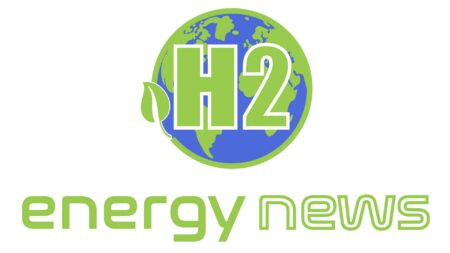At the DEKRA Lausitzring, the DWV HyMobility Commission presented its inaugural key issues paper on the transformation of mobility in Germany.
Browsing: Germany
Herman Halushchenko, the Ukrainian minister of energy, met separately with Jörg Kukis, the state secretary of Germany’s office of the federal chancellor, while in Berlin on business.
To deepen relations and collaborate on the second energy transition, Uruguay and Germany inked a significant agreement. This agreement may pave the way for future exports of green hydrogen and its derivatives.
The governments of Germany and the Netherlands have decided to work together more closely in the future to link their respective hydrogen pipeline networks.
In Saxony-Anhalt, discussions between the federal states’ energy ministers took place. Their objective is to encourage the growth of the hydrogen economy. Willingmann, the conference’s chairman, predicts that we “won’t ever be able to totally dispense with energy imports.”
The steel pipelines introduced within the German gas organize are appropriate for transporting hydrogen.
Germany and Denmark have decided to work together to accelerate the construction of green hydrogen transmission infrastructure starting in 2028 between western Denmark and northern Germany.
Germany is committed to working with Morocco to build a reliable green energy network.
Jörg Kukies, State Secretary at the Federal Chancellery, stated in Paris that Germany would not reject nuclear energy but rather acknowledge its role in attaining the EU’s climate goals. Also, they won’t object to using nuclear power to produce hydrogen.
The Bosch company in Homburg hopes to lead the market for hydrogen, which is seen as the energy source of the future. Bosch believed that the Saarland state government ought to participate in this as well.



